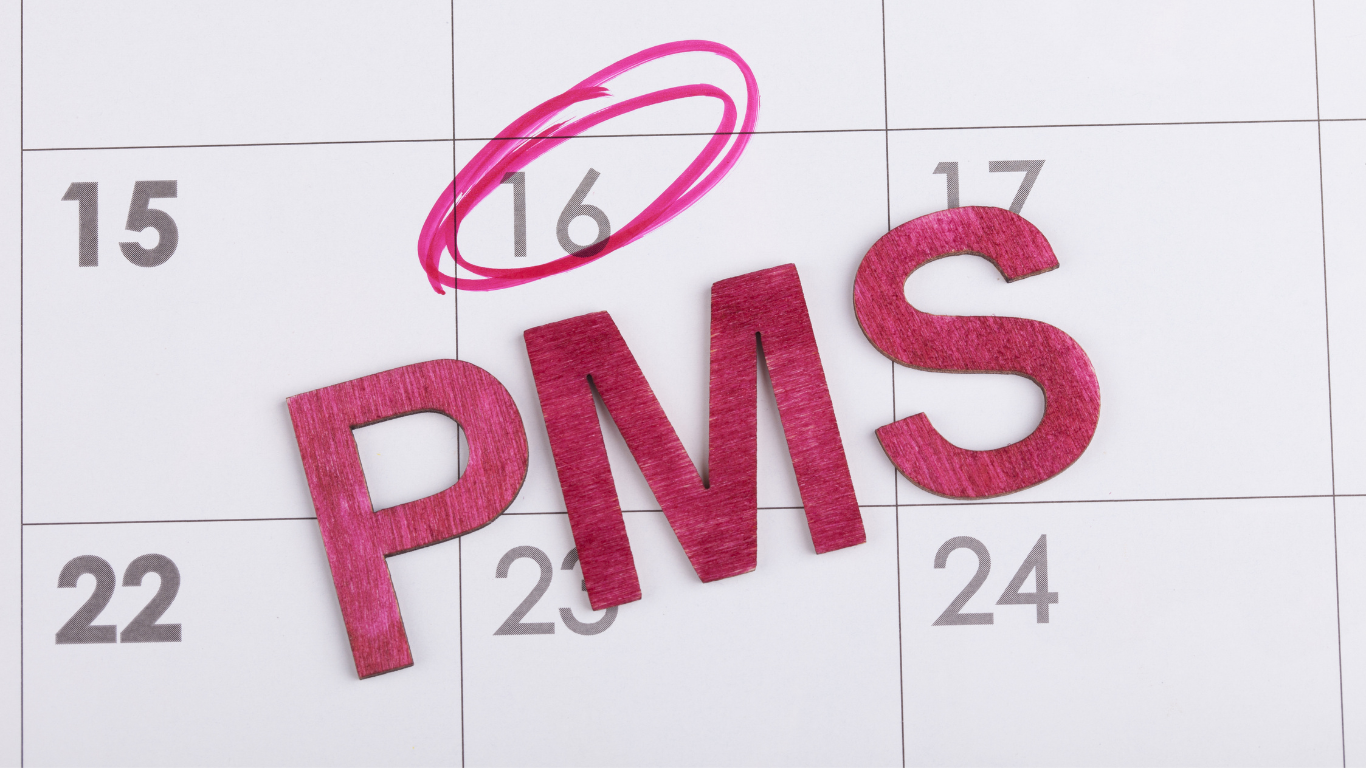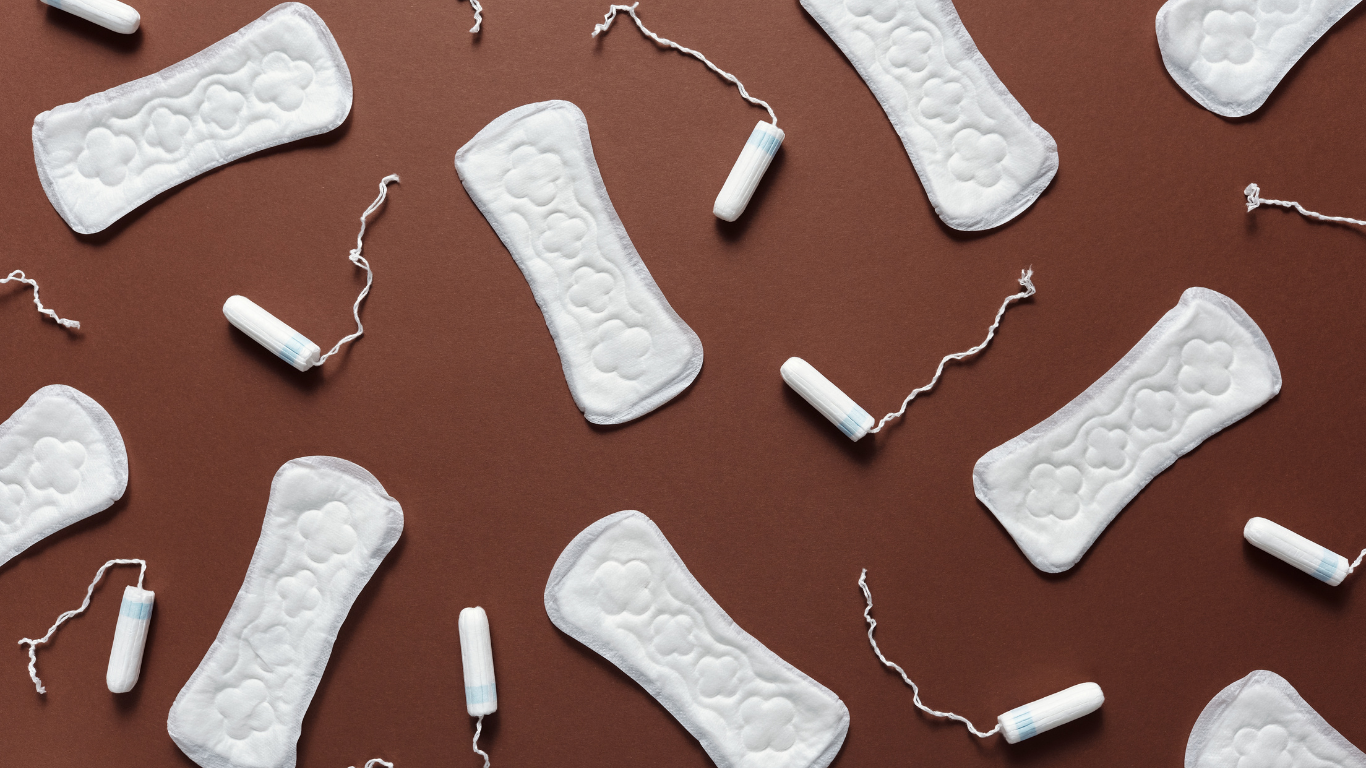
Disclosure: This blog post contains some affiliate links. The author will receive a small commission through some of the highlighted products but this did not influence which products have been recommended. Where discount codes have been provided, the author will not receive benefit as a result of you utilising the code – it’s just a gift for you!
If you’ve been trying to conceive, you may be familiar with the names of many different hormones by now! Knowing your levels of Anti-Müllerian hormone (AMH) can help provide us with information about your ovarian reserve (remaining eggs). Here we have the low down on what AMH is, and how you can increase your AMH levels naturally through your diet and lifestyle. Specifically our top foods to increase AMH levels.
If you have received a lower than expected AMH test result you may be wondering what now. Read on to find out how to improve your AMH levels naturally to help you conceive.
What is AMH?
AMH is a hormone that is produced by the small fluid filled sacs (follicles) in the ovary that contain an immature egg. The amount of AMH we have in our blood can reflect the number of follicles you have and hence the number of eggs you have.
What are normal AMH levels?
There actually isn’t a set ‘normal’ but a range for your age. Your result should be checked against the average number for women of the same age. A normal result will be different for a 25 year old compared to a 35 year old, compared to a 40 year old.
Having an AMH that is lower than normal can be an indication of low ovarian reserve. However, there is good news. Your diet and lifestyle can support your AMH levels and your ovarian reserve.
Ovarian reserve is just one element impacting chances of conception. People can go on to have successful pregnancies, whether natural or assisted, even when AMH is low. It only takes one good quality egg to create a healthy embryo.
How to support your ovarian reserve?
You can improve your AMH levels though diet and lifestyle. Here are our top tips.
Top 3 foods to increase AMH Levels
- Milk – including dairy can slow the rate at which AMH levels decline
- Broccoli – is a rich source of folate, higher intakes of which have been associated with higher AMH levels
- Salmon – this oily fish is high in omega-3 fatty acids. Incorporate regular supply of omega-3 in your diet to have a beneficial effect on ovarian reserve.
There are also some foods which can negatively effect AMH levels and ovarian reserve. Reduce your intake of:
- Fast and processed foods
- Foods high in saturated fat
Supporting the number of eggs we have is just one consideration when it comes to fertility. Make sure you are doing all you can to improve the quality of your eggs is arguably more important.
Can my lifestyle and supplements impact AMH?
Yes, our weight, levels of activity, whether we smoke as well as how much alcohol we drink can all affect AMH levels.
While no supplement can directly increase AMH, certain nutrients may help reduce oxidative stress and support overall egg health.
If you’re wondering which supplements might support your fertility, we’ve broken this down in more detail in our blog on the best fertility supplements recommended by Ro Huntriss.
Remember, your supplement should also contain 400mcg of folic acid and at least 10mcg of vitamin D.
The bottom line
These are just some of the ways that changes to your diet, lifestyle and supplements can increase your AMH levels, ovarian reserve and chances of conception. Remember that it is still possible to get pregnant even if your AMH is lower than normal. It only takes ONE egg in order to conceive.
As well as supporting your AMH levels, supporting the quality of the eggs you have left is key to success. This is important at any age but particularly if you are trying to conceive in your late 30s or early 40s. Find out how to improve your egg quality and ovarian reserve in our ‘How to optimise Egg Quality Meal Plan & Guide ‘. This includes all the details you need as well as 2 weeks worth of recipes optimised for improving your ovarian reserve and egg quality.
Last reviewed: July 2025
This article was written by the Fertility Dietitian UK content team and reviewed by Ro Huntriss MSc RD, Consultant Dietitian and Founder of Fertility Dietitian UK.



